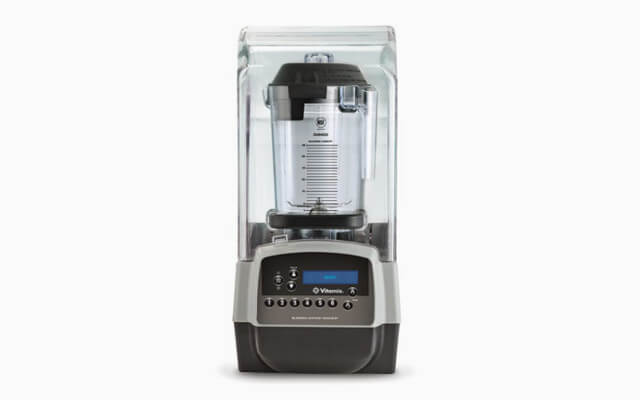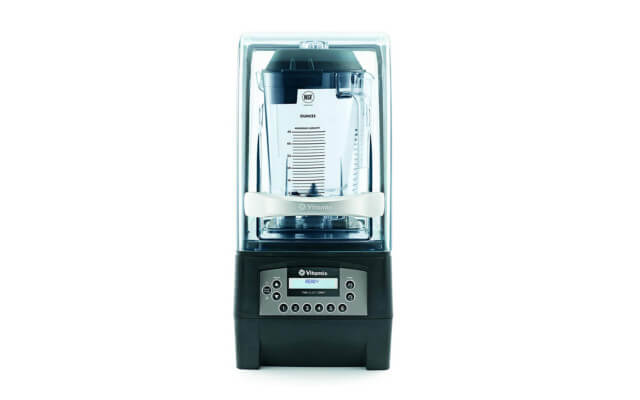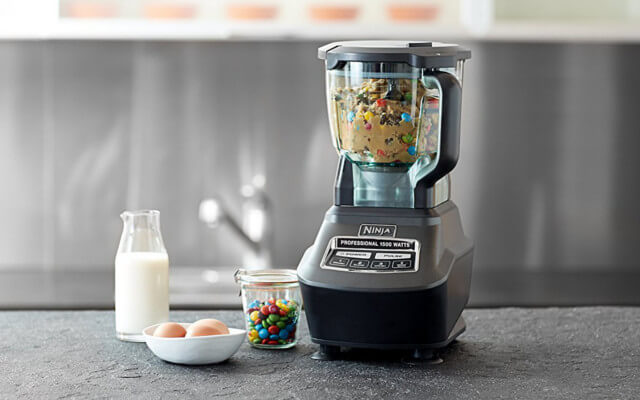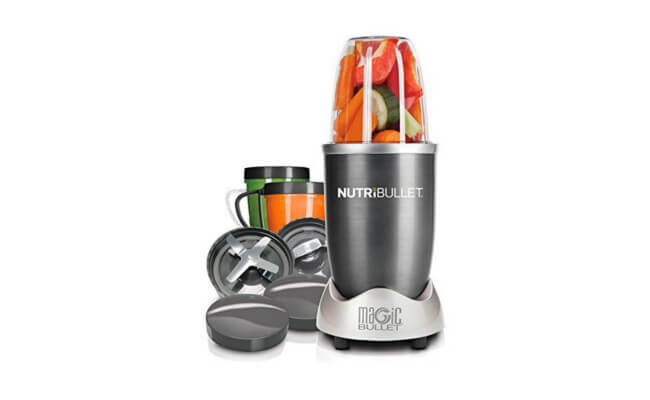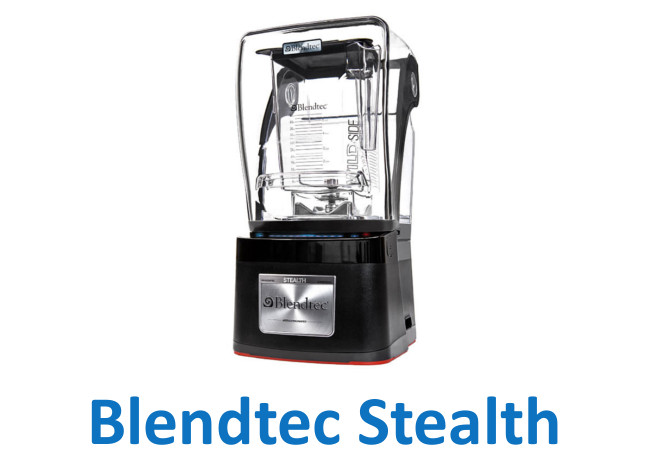I thought it would be a great idea to talk about the pros and cons of juicing today. It’s a really popular trend that people blindly assume is healthy without really understanding it in more detail. I’d like to make you aware of a few drawbacks since most articles only go on about how wonderful it is.
That’s not to say it isn’t a great, convenient way, to get your daily serving of fruit or extra vitamins of course. There are plenty of other things that are far worse that you could be putting into your body. Let’s look at a few pros and cons of the juicing process though.
Juicing Positives
I’ll start with a few positives, these are things you have probably already heard. Juicing is a nice way to use up fruits and vegetables that are going to expire soon. I know how frustrating it is to throw away food because it wasn’t used in time. So it has the benefit of possibly saving you some money and headaches in the long run. You’ll need to drink the juice pretty quickly though, within a week. It isn’t pasteurized which means it will spoil faster than store bought juice.
There is a huge variety of vitamins and minerals found in fruits and vegetables. I think these are specifically why most people tend to juice in the first place. We live in an age where it’s difficult for most people to prepare healthy food. Making fresh juice is a fast way to still consume some natural nutrition. I’m definitely all about making things more convenient for myself.
Juicing Negatives
As for the negatives, I’m going to tell you that fresh juice actually has quite a few of calories because of the sugars in fruit. In fact, a 12-ounce glass of juice is going to have around 200 calories! It really is like a condensed calorie liquid. You’ll want to consider adding some water to thin it out, this would reduce the amount of calories a bit depending on how much you dilute it. You can also try using more vegetables than fruit, since vegetables tend to have fewer calories.
You should know that even with juicing you still need to have whole fruit in your diet to really get the full health benefits being offered. It’s incorrect to think that fresh juice is equivalent nutritionally to eating whole fruit. When you juice you’re missing out on the fiber from the pulp and skin. Fiber is what helps keep you full for longer so it’s something to consider. It’s important to note that most of the nutritional value and vitamins are actually in the skin of the fruit, so you’re basically throwing away a very beneficial part of the fruit when you juice. My recommendation is to occasionally add some pulp back into your juice. You could also use the pulp to make muffins and baked goods so you can add that lost fiber back into your diet.
Final Thoughts
I hope you’ve found this article interesting and that reading this gives you a little more knowledge about juicing. If you plan on doing this, or if you already enjoy juicing, make sure to talk with your healthcare professional. Some vitamins interact with medication adversely. For instance, vitamin K which is in a lot of leafy vegetables, can change the way anti-blood clotting medication works. It’s always better to be safe than sorry.
Newest offers to consider
"As an Amazon Associate I earn from qualifying purchases. This does not influence our content and helps keep the site running."

